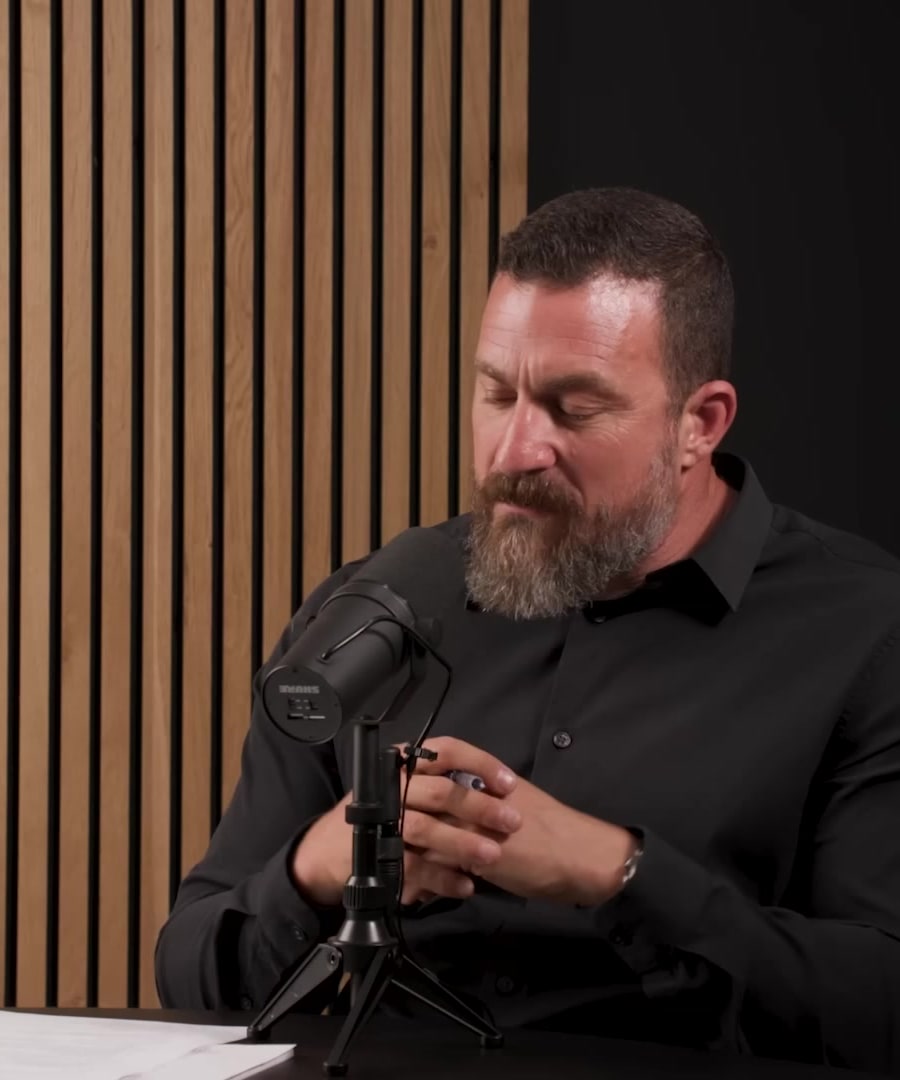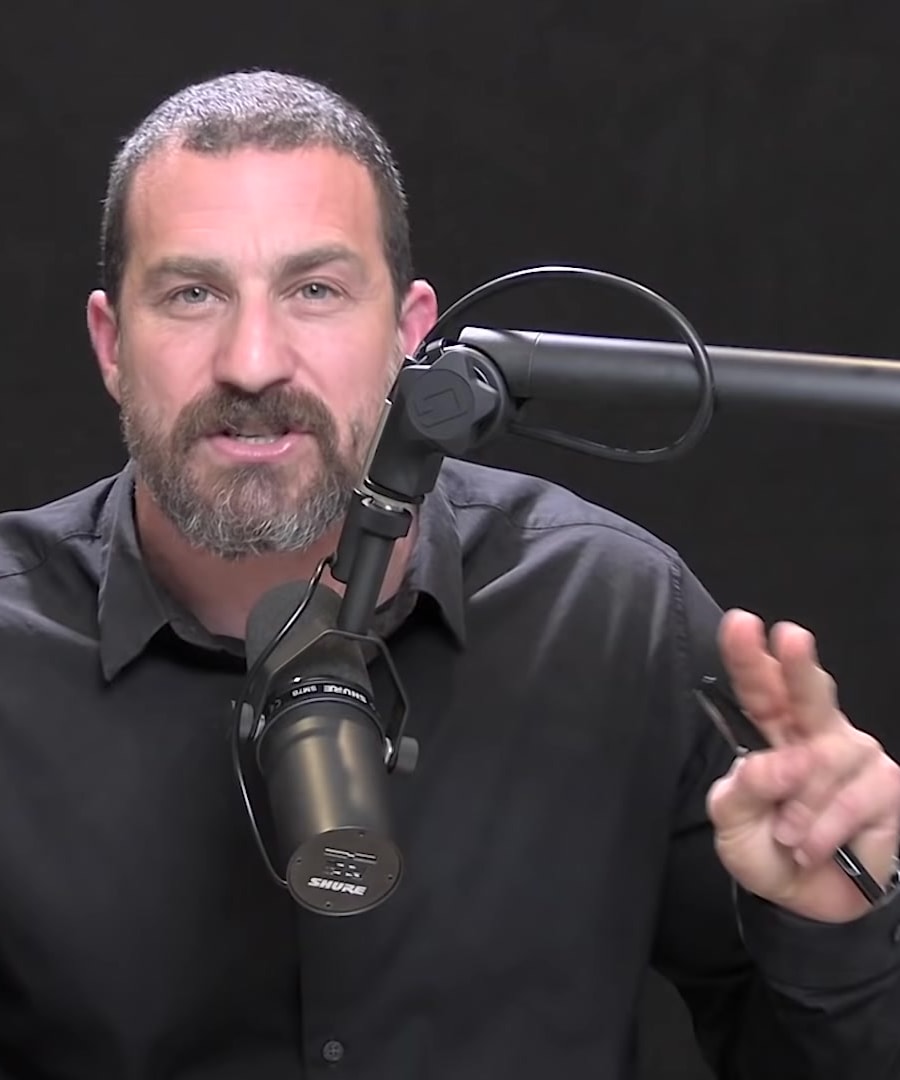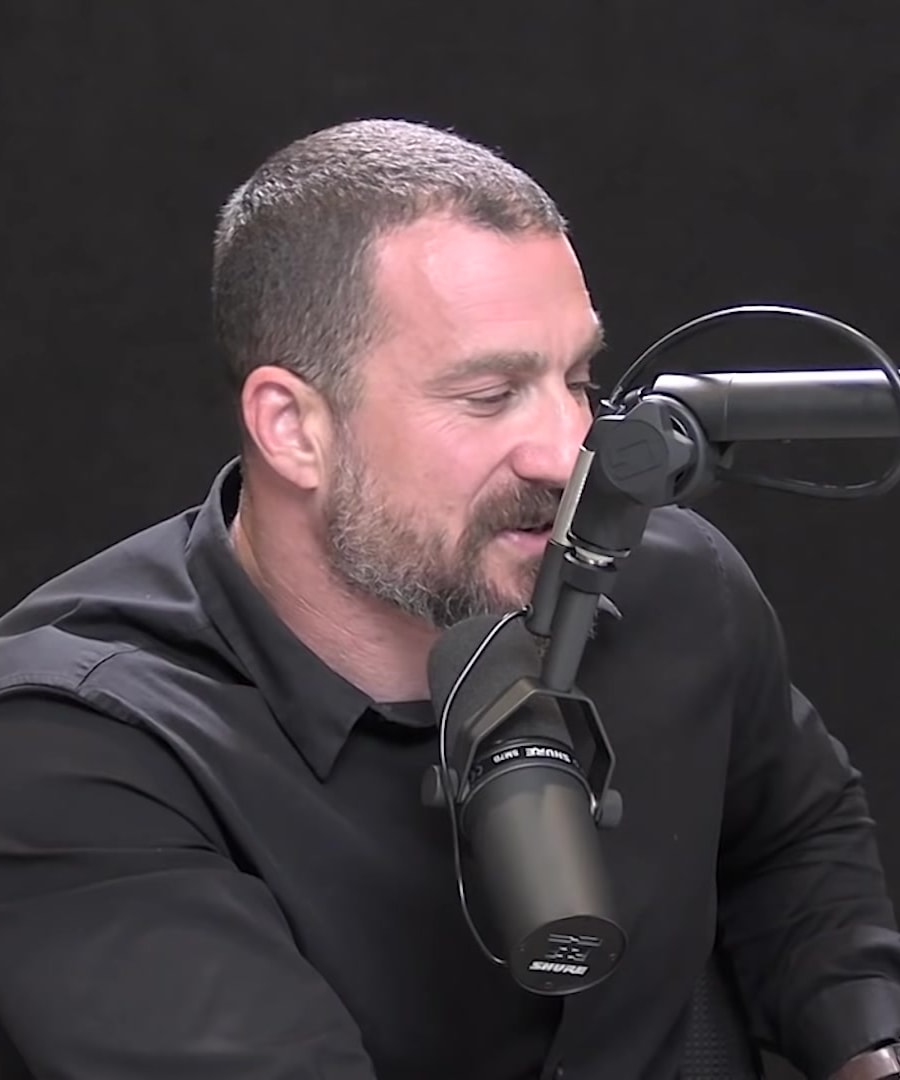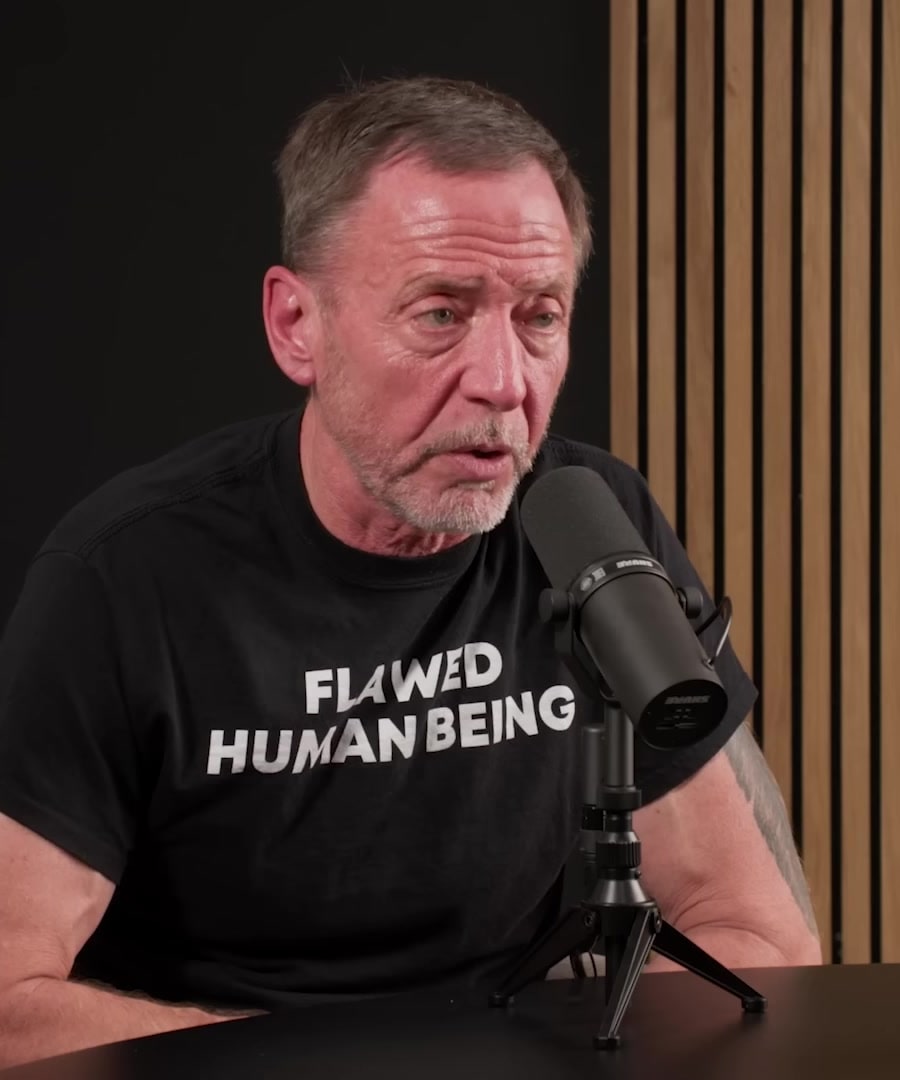What is the significance of empathy?
Sources:
Empathy has significant roles in human interactions and relationships, and its importance is multi-faceted. discusses empathy's complexity, emphasizing its profound impact on social bonds and mental health. Here are some key insights:
-
Types of Empathy:
-
Social Bonds and Trust:
- Empathy is crucial for building trust and deep bonds in relationships, including romantic relationships and friendships.
- Both emotional and cognitive empathy are necessary to predict and understand others' behavior, fostering mutual understanding and synchronization of thoughts and feelings 3.
-
Narrative and Storytelling:
- Storytelling profoundly affects empathy. Narratives involving others' experiences, especially involving gratitude and survival, can activate neural circuits related to gratitude and pro-social behavior.
- Empathy, in this context, involves resonating with another's story, which significantly shifts our physiological and emotional responses 4.
-
Empathy and Burnout:
- While high levels of emotional empathy can lead to burnout, particularly in professions like healthcare, cognitive empathy and empathic concern can be protective.
- Shifting between different types of empathy helps manage emotional load without shutting down emotional responses completely 5.
-
Practical Application:
- Tactical empathy, as discussed by Chris Voss, involves actively demonstrating understanding of another's perspective without necessarily feeling their emotions. This practical approach makes empathy a powerful, unlimited skill in negotiations and interpersonal interactions 6.
In summary, empathy is not just about feeling others' emotions but also understanding and acting on those feelings. It is foundational for trust, deep social connections, and maintaining mental health, particularly in demanding environments. Cultivating various types of empathy can enhance personal and professional relationships while protecting against emotional burnout.
RELATED QUESTIONS-





